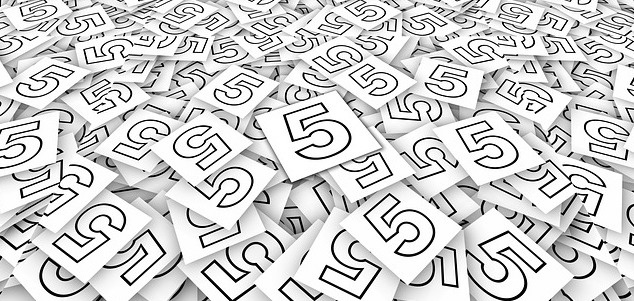German can be a challenge for language learners. With four cases, the grammar is tricky – but the pronunciation can also be difficult for those who haven’t been listening to the language since birth. German is world-famous for its unbelievably long compound words.
While the length of a word isn’t necessarily proportional to its tongue-twisting capacity, the sheer mass of letters is enough to bring even the most advanced language learner to their knees.
Take the challenge and have a go at some of these hard to pronounce German words.

1. Streichholzschächtelchen
Pronounced (Schtraeyechholtsschaicktelchen)
This one is a particular doozy due to the abundance of “ch” – a combination not found in English. Streichholzschächtelchen simply means “small matchbox,” though it looks like it should mean so much more.
Breakdown: Streich + holz + schächtel-chen
ä – “ai” in air or “a” in “late”
2. Brötchen
Pronounced (Broetchen)
Brötchen are the bread rolls that are typically eaten for breakfast with cheese, cold meats or jam. Since Germans often buy them fresh every day, it’s a word that – unfortunately for the language learner – needs to be spoken very often, even though the “ö” followed by “tch” is a very unnatural combination for a non-native.

3. Eichhörnchen
Pronounced (Eyechhoernchen)
While we are still stumbling over “ch,” it’s worth mentioning a classic when it comes to pronunciation difficulties. While the word Eichhörnchen doesn’t come up in conversation that often, at least English speakers can be assured that Germans have just as much difficulty with its English equivalent: squirrel.
4. Fünfhundertfünfundfünfzig
Pronounced (fuenfhoondertfuenftsig)
Five hundred fifty-five
breakdown: Fünf + hundert + fünf + und + fünfzig
z – Makes a ts sound, like the sound of the drop of water on a hot stove, or when you open a bottle of carbonated water

5. Frucht
Pronounced (Froockt)
Just six letters can spell the end of making people think you’re German. Once again, that troublesome “ch” comes into play in the word for fruit. The short “u” and “t” at the end only add to the hidden challenge. Hint: Talking with your mouth full of the word doesn’t help. But if your lips just can’t form a proper Frucht, then try Obst, which also means fruit.
6. Regisseur
Pronounced (Regissoyr)
A soft “g” followed by a double “ss” is a killer in this word for film or stage director. In this case, however, you can blame it on the French. The Germans borrowed the term from their neighbors, which is why it sounds somewhat exotic to the German ear, but narrowed the context to mainly refer to the theater or the silver screen. A female director is called a Regisseurin – though that’s no easier to pronounce.

7. Schlittschuhlaufen
Pronounced (Schleettschoolowfen)
“Ch” and “sch” form entirely different sounds, but both are nearly impossible for non-natives – particularly when the combination turns up multiple times in the same word. Depending on how coordinated you are, however, saying the German word for ice skating could actually be easier than doing it – and certainly easier on your behind.

8. Röntgen
Pronounced (Roentgen)
While getting an x-ray can certainly be a nightmare for anyone, just having to pronounce the German word for it, röntgen, is bound to cause any non-native speaker a few sleepless nights. In this case, you can blame Wilhelm Conrad Röntgen, the doctor who patented the process in the late 19th century. In honor of his medical contribution, his name hence landed in the German dictionary as both a verb and a noun.

9. Quietscheentchen
Pronounced (Kveetschanentchen)
Rubber duck! Well, who takes a bath without one?
Breakdown: Quietsche + ent-chen
qu = “kv”
10. Kreuzschlitzschraubenzieher
Pronounced: Creuzschleetsschraubentseeher
You never know when you might have to ask for a screwdriver!
The /r/ is the Voiced uvular fricative sound which is incredibly hard for an English speaker. Couple with that the ‘z’, ‘sch’, and ‘tz’… a nightmare for many!

11. Rührei
Pronounced (Ruuhreye)
The German word for scrambled eggs is Rührei. You have that voiced uvular fricative /r/ combined with the ü, meaning that eating it is way easier than pronouncing it.

12. Tschechien
Pronounced (Tschecheehn)
The Czech Republic, in Central Europe, is a country that’s known for its ornate castles, native beers, and long history.
Now go to the top of der Klasse for German, for taking our tongue-twisting challenge.
Try some more German words here.
Andrie Steliou
Latest posts by Andrie Steliou (see all)
- 8 Ways to Help Keep Your Child Focused and Engaged in Online Learning - October 19, 2022
- How to Improve Social Intelligence Skills? - May 10, 2022
- How to Improve Organizational Skills at Workplace? - May 6, 2022






